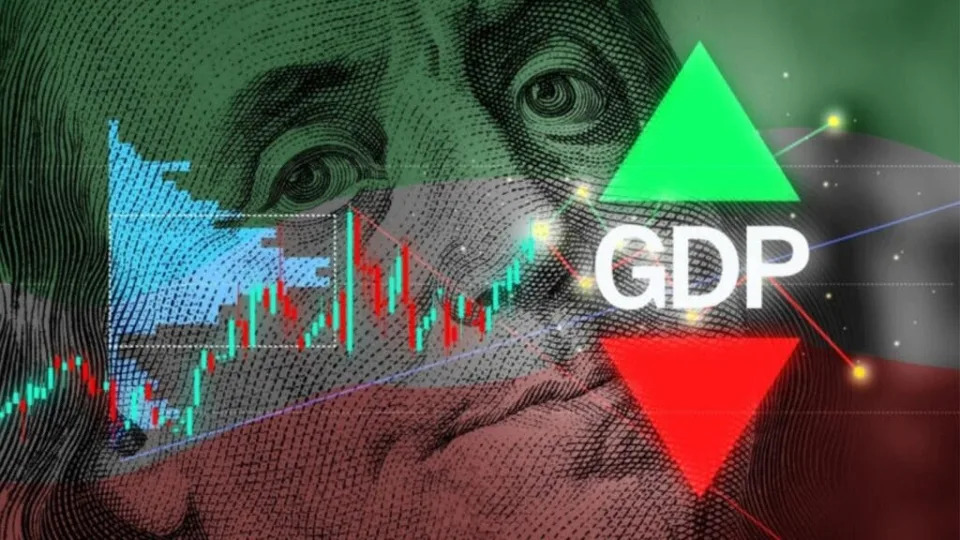
Have you ever noticed that your economic outlook might differ greatly from your neighbor’s? It turns out that if you own stocks, you might be feeling a lot more optimistic than someone who doesn't.
Recent data shows that whether or not you're invested in the stock market plays a huge role in how you feel about the economy – and the gap between these two groups is widening.
Don't Miss:
A Growing Divide
According to the University of Michigan’s July consumer sentiment index, those with the most substantial stock portfolios have seen their confidence surge by 71% during this period. Meanwhile, confidence has only risen by 11% for those who don’t own stocks.
“Rising stock markets benefit consumers with stock portfolios but leave behind consumers who do not own stocks,” the University of Michigan report highlighted in July. This growing gap helps explain why people who own stocks feel much better about the economy than those who don't. The difference in how these two groups feel is now the second-largest it's ever been.
Trending: Miami is expected to take New York's place as the U.S. Financial Capital. Here's how you can invest in the city before that happens .
But it’s not just stocks causing this divide. The housing and job markets are also playing a role. If you bought a home before 2021, you’ve probably seen its value go up significantly, and if you got a low mortgage rate, you’re in a better spot compared to people trying to buy now.
According to a Wall Street report , “The wide gap between current mortgage rates and effective mortgage rates means most homeowners are unwilling to move unless forced.” The report also states that they “do not expect current mortgage rates to fall much even if the Fed cuts rates as we anticipate.”
See Also: Can you guess how many retire with a $5,000,000 nest egg? – How does it compare to the average?
The job market is similar. If you got a job a few years ago and still have it, you’ve likely enjoyed steady pay and wage increases that have outpaced inflation. However, if you’re just starting out or looking for a new job, you might have difficulty finding a good position.
The latest data from the University of Michigan shows that U.S. consumer confidence has dropped to its lowest point since November 2023 , although inflation expectations have slightly eased. The drop is partly due to many people dealing with tough economic conditions.
Trending: Are you rich? Here’s what Americans think you need to be considered wealthy.
However, there’s an interesting twist: while overall confidence is down, long-term expectations have improved. For instance, in August 2024, people’s outlook for the future increased by 4.8% compared to July, indicating that some are more hopeful about what’s to come.
According to Joanne Hsu, the Director of the University of Michigan's Surveys of Consumers, “Democrats exhibited a large 10% increase in sentiment while Republicans posted an equally sized decline,” reflecting a shift in election expectations after Harris emerged as the Democratic presidential candidate.
As one millennial told Business Insider when talking about her retirement goal of $3 million, “Ideally, I’d like to overshoot the target and actually have something to pass down to family, but it is depressing to think I might not even be able to save enough for myself.”
Read Next:
"ACTIVE INVESTORS' SECRET WEAPON" Supercharge Your Stock Market Game with the #1 "news & everything else" trading tool: Benzinga Pro -
Get the latest stock analysis from Benzinga?
This article How's The Economy Treating You? Depending on Whether You Own Stocks, Your Answer Might Be Very Different originally appeared on Benzinga.com
© 2024 Benzinga.com. Benzinga does not provide investment advice. All rights reserved.





